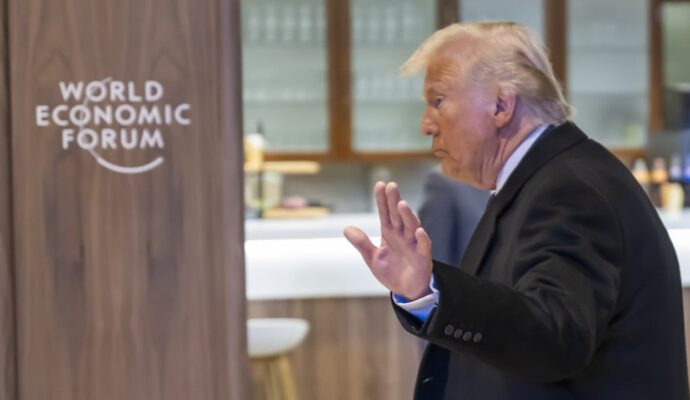China was among the 10 members that voted against the motion, alongside Russia, North Korea, Belarus, Iran, Eritrea, Indonesia, Nicaragua, Syria and the Palestinian representatives, while 132 voted in favour.
Eye on AI as US-China rivalry enters new frontier with Unesco policymaking
Édes said participating in Unesco and being involved in rule-setting and allocating resources offer China and the US opportunities to promote their values and interests in the international arena.
After the US said it would leave in 2017, China quickly increased its contribution and became the largest donor the following year. Also in 2018, it successfully backed Chinese diplomat Xing Qu to serve as Unesco’s deputy director general, the No 2 rank in the organisation.
The changes came as China sought a bigger say on global AI rule-setting. In 2019, it co-hosted with Unesco the International Conference on AI and Education in Beijing, where important figures from more than 120 member states gathered to discuss AI strategies for digital transformation.
Both Unesco and the Chinese government hailed the Beijing Consensus policy paper as a key achievement of the conference, which was hosted by China’s capital city for three years in a row.
The Beijing Consensus outlines AI-related recommendations to member states, promoting a “whole-government” to AI regulation and “giving special priority to Africa” in AI financing.
Becoming a key political and economic player in Africa has been high on China’s recent global agenda. China has also relied on Unesco’s platform to publish and promote its science agenda, such as “Made in China 2025” – a strategic plan to promote technological self-reliance and push manufacturers to decouple from US tech suppliers.
Michael Frank, a senior fellow at the Wadhwani Centre for AI and Advanced Technologies under Washington-based think tank Centre for Strategic and International Studies (CSIS), said blocking China’s efforts to set AI standards and constrain its AI ability is of strong interest to the US.
China has been active in international organisations that set standards for all kinds of emerging technology, from AI to 5G, and the UN is increasingly seen as a platform for Beijing to channel its global ambitions.
However, China’s aims of guiding coalitions like Unesco to serve its interests might face a hurdle if the US was able to steer other major economies away from the UN system, he said.

